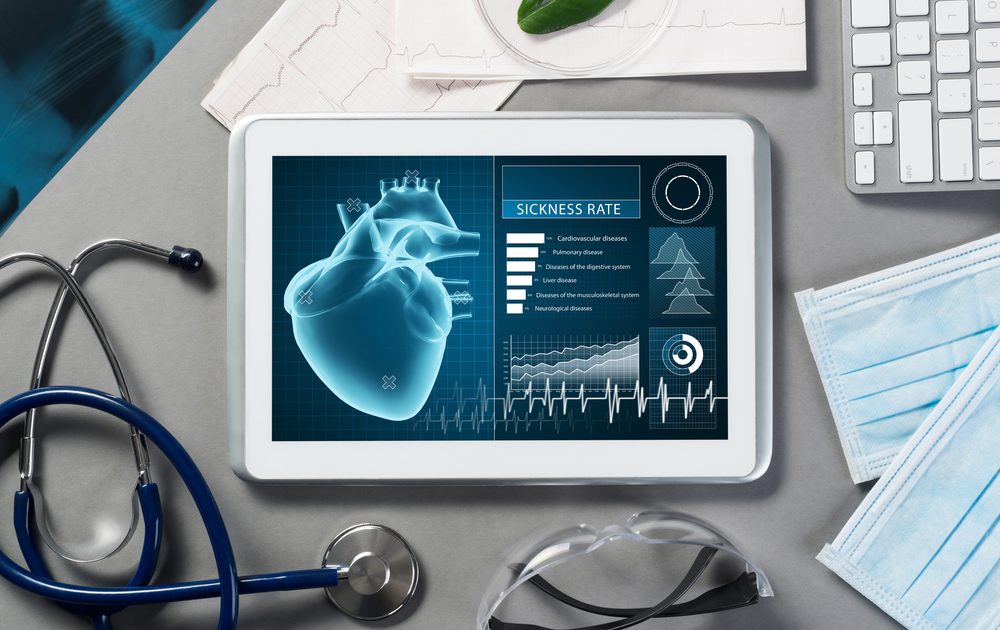Innovative Neurological Devices Revolutionizing Medical Treatment
Advances in medical technology have revolutionized the way neurology is practiced. Many innovative neurological devices are now available that can detect and treat neurological disorders more accurately and effectively. These new devices range from imaging technology and brain-computer interfaces to treatments such as deep brain stimulation and transcranial magnetic stimulation. If you are looking for innovative neurological devices you can visit this site.

Image Source: Google
Imaging technology is now more powerful and can provide detailed images of the brain in real time. Magnetic Resonance Imaging (MRI) and Positron Emission Tomography (PET) scans can provide doctors with a wealth of information about the structure and function of the brain. This type of imaging technology can help diagnose a variety of neurological disorders, including brain tumors, multiple sclerosis, and Alzheimer's disease.
Brain-computer interfaces allow doctors to detect and monitor brain activity in real time. This type of technology can be used to monitor brain signals in order to improve a patient's motor control, such as in the case of stroke patients. Brain-computer interfaces can also be used to control artificial limbs, enabling people with paralysis to move and interact with their environment.
Deep brain stimulation (DBS) is a technique used to treat movement disorders such as Parkinson's disease. This procedure involves placing electrodes into specific areas of the brain in order to stimulate them, which can improve the patient's motor function. Transcranial magnetic stimulation (TMS) is another technique used to treat neurological disorders, such as depression. This technique involves the use of a magnetic field to stimulate the brain and can be used to reduce symptoms of depression, anxiety, and other mental health issues.

:format(jpeg)/cdn.vox-cdn.com/uploads/chorus_image/image/51867435/Eli_Preferred_Headshot.0.jpeg)